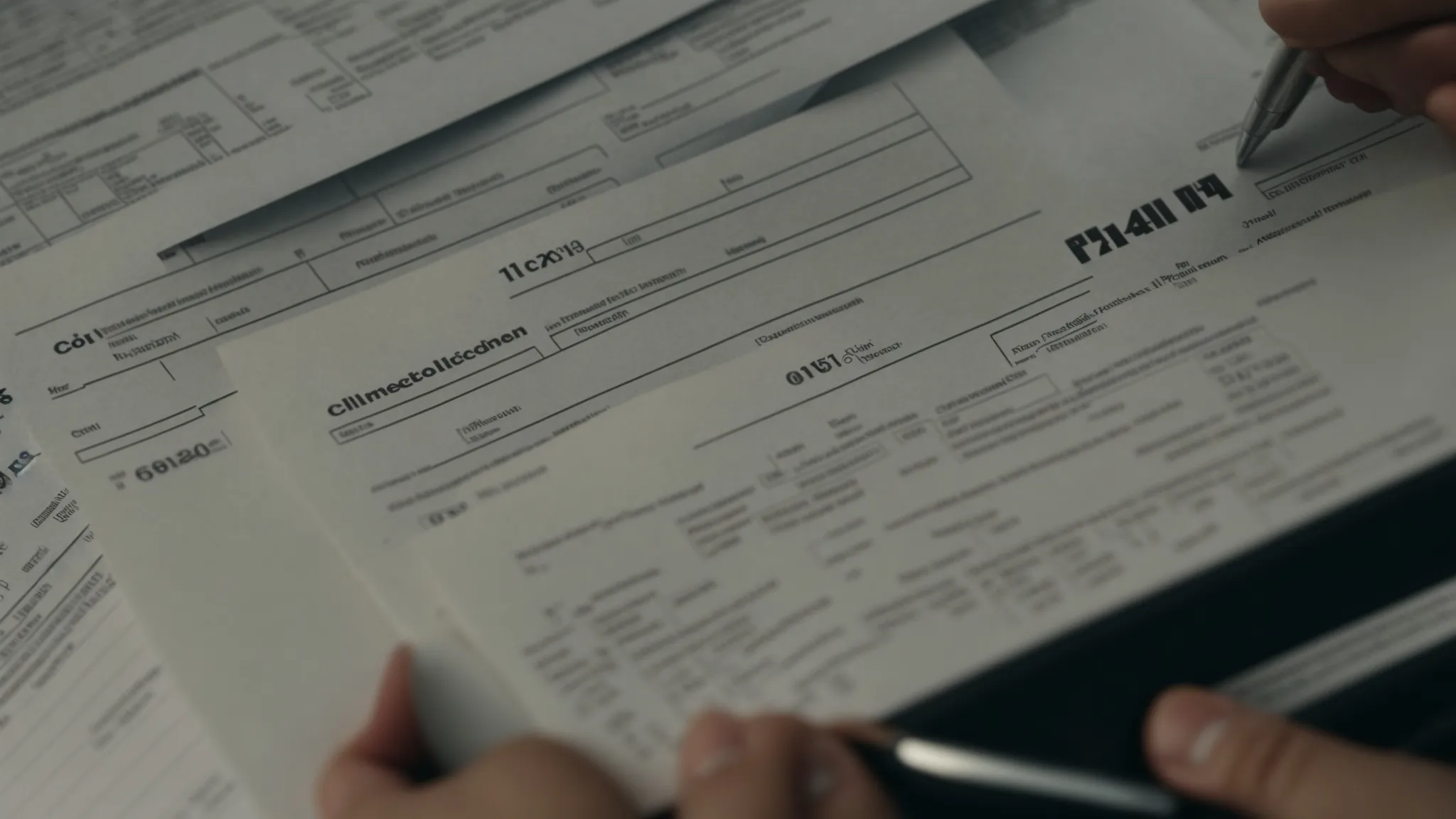There are plenty of circumstances in which you could find yourself caring for a family member. A parent or grandparent is diagnosed with dementia, or your partner is diagnosed with cancer or Multiple Sclerosis. Whatever the circumstances, if you become a loved one’s caregiver, you’ll need to make a few changes. Here are the things you’ll need to consider if that happens.
Make changes to your home
Your home is probably not prepared for the specific needs your loved one now has. Live in Place Solutions, who are handicap remodeling contractors NJ, are Certified Aging in Place Specialists, which means they can work with you and your loved one to figure out exactly what changes will suit your parent’s or grandparent’s needs. You might find that every room in your house needs changes to accommodate your family members. In the bathroom, he or she will need a safe and accessible shower, so you might have to install a curbless shower. A seat in the shower might also be useful, and he or she will most likely need a hand bar installed next to the toilet.

You’ll have to eliminate all potential hazards in the home so you can prevent your loved one from falling as he or she navigates the house. Ideally, you can have a bedroom on the first floor of your home for your family member, but if that’s not possible you may need to install a stairlift so he or she can make it up the stairs easily and safely. Don’t rely on your ability to help him or her up the stairs. If you’re feeling tired one day or lose focus, your family member might fall down the stairs and you don’t want that to happen. Other changes in the home might be necessary, such as installing a ramp outside the front door or tweaking the layout of the living room. The professionals at Live in Place Solutions can help you find the perfect remodeling plan for your loved one’s specific situation and your budget.
Assess your finances
You’ll need to take a look at your finances when you become a caretaker. If you’re quitting your job to care for your family member, ask yourself how the finances will work. Can your older family member pay you for your caregiving? If you have other family members who plan to help, you’ll have to discuss the split of responsibilities. Siblings might feel like they don’t need to help with caregiving since you’re being paid by the parent. An open and honest discussion about what you can all do to help and what the finances will look like will ensure everyone taken care of in this difficult situation. If you’re going to quit your job and become a full-time caregiver, talk with a financial professional about retirement planning. He or she can help you in this unique situation so you don’t find yourself without any funds in the future.

Don’t neglect your own health
While your primary focus right now is your family member, you can’t neglect your own health, mental or physical. If you’re rundown or constantly sick, you won’t be much of a caregiver. Taking care of someone every hour of the day can be exhausting and stressful. Do what you can to take care of yourself. Ask others for help and acknowledge that you can’t be a perfect caregiver. Join a support group and connect with others who are in your situation. Try to find time for yourself, whether it’s a yoga class once a week or just 30 minutes with a book before bed. Your own health is extremely important during this time, so make sure it’s a priority.

When you become a caregiver, your whole life changes. Do what you can to make life better for your loved one and yourself.













